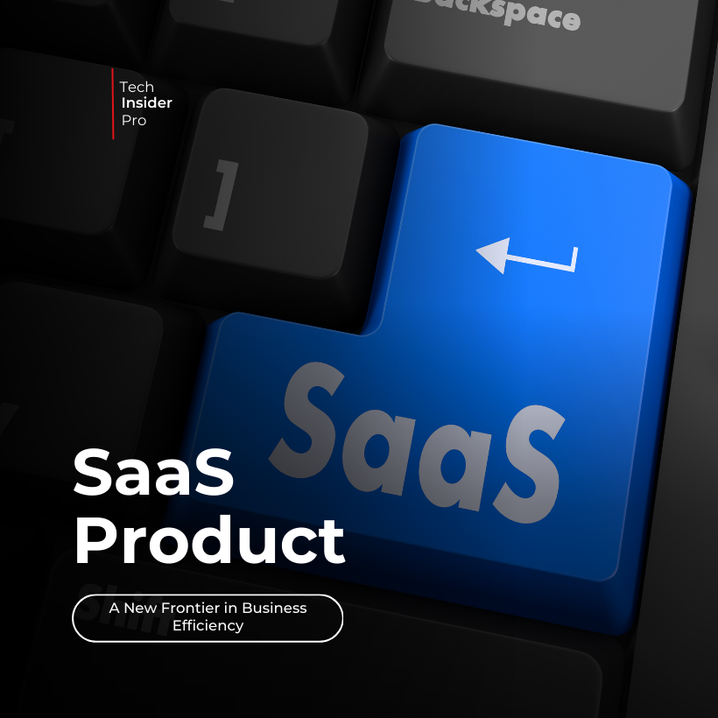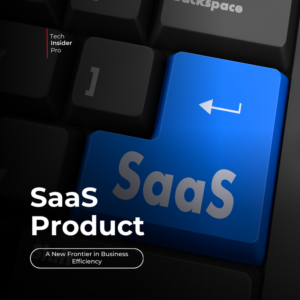
Software as a Service (SaaS) has become a game-changer for companies in all industries in the rapidly changing world of technology. SaaS offerings guarantee that organizations can access sophisticated software without the significant upfront infrastructure investment usually involved with traditional software installation by offering programs hosted by a third-party source that are accessible online.
Why SaaS? Software as a Service’s Benefits
SaaS products have many benefits, which are especially alluring in the fast-paced business world of today:
1. Cost Effectiveness: The affordability of SaaS is among its most alluring features. SaaS eliminates the need for significant upfront expenditures on software and hardware licenses, allowing businesses to pay for what they use. By distributing expenses across time, this subscription-based strategy can drastically reduce the overall cost of ownership.
2. Scalability and Simplicity: SaaS systems are well known for being simple to use and maintain. By maintaining the IT infrastructure, providers make sure that the software is dependable, current, and compliant with strict security guidelines. SaaS solutions can also readily scale up or down in response to usage, enabling companies to modify resources in accordance with their needs without additional cost or waiting time.
3. Flexibility and Accessibility: Because SaaS apps are cloud-based, they are available whenever and wherever there is internet connectivity. Because of its accessibility, it’s perfect for companies that need mobility and flexible work schedules or have distant personnel.
4. Consistent Innovation and Updates: SaaS companies offer new features and capabilities to their products on a regular basis without interfering with end users’ experience. This guarantees that companies will always have access to the newest tools without having to pay extra for upgrades or deal with technical difficulties.
5. Better Collaboration: SaaS solutions frequently come with collaboration tools that help groups collaborate more effectively. SaaS apps that incorporate real-time data sharing and communication capabilities can boost output and simplify corporate procedures.
The SaaS Industry’s Growth
Over the past ten years, the SaaS industry has grown rapidly. An industry Research Future analysis projects that the global SaaS industry will expand by over 21% a year, reaching almost $307 billion by 2026. This expansion is driven by small and medium-sized businesses’ (SMEs’) growing use of cloud-based solutions as a way to access advanced technology while cutting IT costs.
SaaS Trends to Keep an Eye on
• Artificial Intelligence and Machine Learning: These two technologies are being incorporated into software as a service (SaaS) solutions, giving companies data and insights that support decision-making, customer experience personalization, and operational optimization.
• Vertical SaaS: More SaaS companies are developing vertical SaaS solutions, which offer functionality that directly addresses the particular requirements of areas like healthcare, education, or finance.
• Security and Compliance: In order to safeguard user data and foster trust, SaaS platforms are giving security and adherence to global rules top priority as the volume of data they manage grows.
Selecting the Appropriate SaaS Product
Here are some important considerations for companies thinking about SaaS solutions:
• Business Needs and Compatibility: Assess whether the SaaS product aligns with your business needs and integrates seamlessly with existing systems.
• Provider Reputation and Support: Pick a supplier with a solid track record of dependability, customer service, and service uptime.
• Security Measures: Make sure the security procedures the SaaS provider has in place satisfy the requirements of your business.
• Scalability: Make sure the SaaS solution can expand with your company and meet the demands of more users and data.
Examples of Successful SaaS Implementations in the Real World:
• Salesforce: A pioneer in CRM, Salesforce showcases the adaptability and effectiveness of SaaS solutions in handling customer data and interactions.
• Slack: Using the Software as a Service (SaaS) architecture, Slack is a collaboration solution that gives teams an easy-to-use platform for communication and application interaction.
Conclusion
SaaS products represent a significant shift in how businesses deploy and utilize software. SaaS enables businesses of all sizes to take use of cutting-edge technology and competitive advantages that were previously only available to big businesses with substantial IT expenditures by providing scalable, affordable, and easily accessible solutions. SaaS is still a vital component of business expansion, spurring efficiency and innovation in a variety of sectors as its landscape changes. Regardless of your company’s size, implementing SaaS strategically can boost your company’s potential and push the limits of what you can accomplish in a world that is becoming more and more digital.







